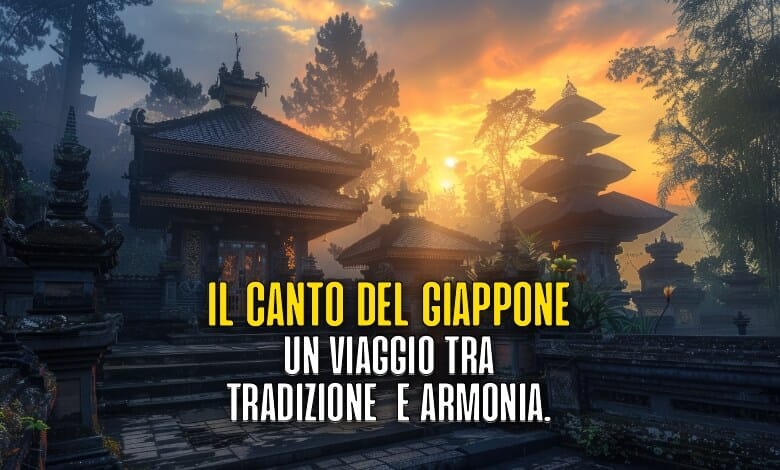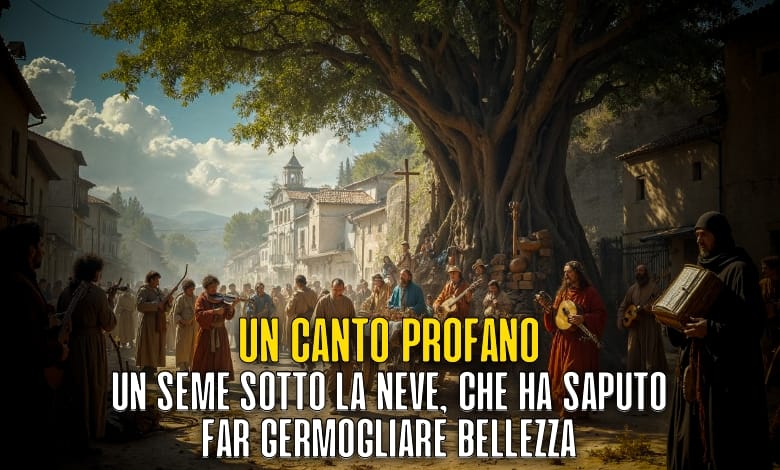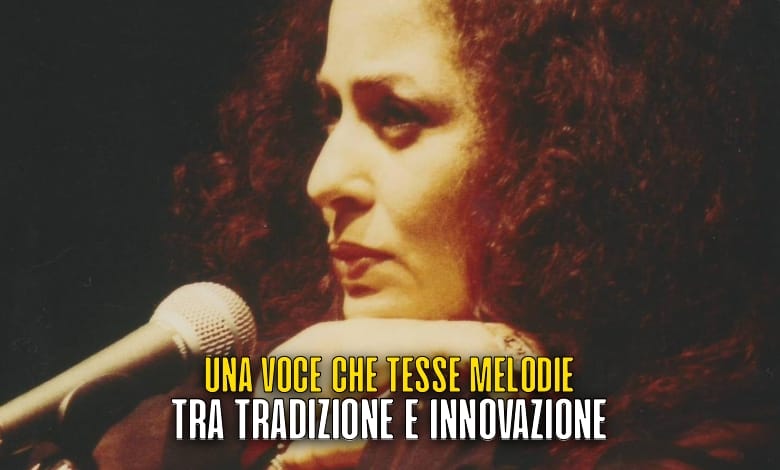Article index
Why do I talk to you about singing Joik today?
For a long time I dream of singing in front of a northern gore, to immerse myself in the expanses of ice to such an extent that sometimes I seem to live these dreams in real way.
For a long time I study and I seek songs that are based not so much on a musical grammar, but which express their sound based on the words freedom-unprovation and experiential flow .
Here today I would like to bring you with me to the Joik , made of sounds and respect for a tradition that has no time.
 The Joik is a form of sung expression linked to the Sami tradition and culture.
The Joik is a form of sung expression linked to the Sami tradition and culture.
It is a song that has no age, but it can certainly be considered as one of the first cantage expressions of the North European populations.
From the research carried out, the Sami language, for a very long time, has not had a written form and therefore we have no type of documentation attesting to the organ of the Joik. In any case, musicologists are convinced that Joik is one of the oldest musical expressions on the European continent.
The purpose of singing is to evoke through sounds, mainly vocalizations or interjections, images relating to nature or daily life.
In listening to the sounds of traditional Sami songs, we can hear a call, that of the songs of the natives of America, where the god of nature acts as a glue and bridge between these two cultures, whose animist spirituality helps to strengthen the sound symbolism of these populations.
To make life and the maintenance of this tradition even more difficult, the Church and Catholicism as always had an important part in a negative sense.
The Church, since its settlement in the Lapponi territories, has fought the joik in every way by calling this song a magical ritual, comparing it to the pre -Christian mythological rituals.
All this is not medieval legend, indeed it is possible to attest that Joik until 1950 was strictly prohibited in Sami schools and his dissemination took place through secret meetings between conservatives of the Joik tradition.
Now everything is finally in the light of the sun, indeed the young Sami are relaunching the traditional singing Lapant contaminating it and making it alive and interesting thanks to the interaction with new technologies.
Unfortunately also here the god money is doing his part, trying to make a traditionally free and unique song, a money machine useful to fill the pockets of the far -sighted destroyers of art and culture.
I hope that one day the man realizes that in order to be able to keep a tradition alive it is not necessary to make it globalized or famous, but must be fed by uniqueness and respect for the values for which it was born.
Joik means intimacy, solitude and respect for nature for me, everything else is fried air.
I leave you with two fundamental elements: the first is an in -depth play list that reflects my research and can be for you a simple guide to listening, the second are two reading and deepening tips to understand not so much the Joik canto ma The value of the Sami tradition.
The Sámi Peoples of the North: A Social and Cultural History








